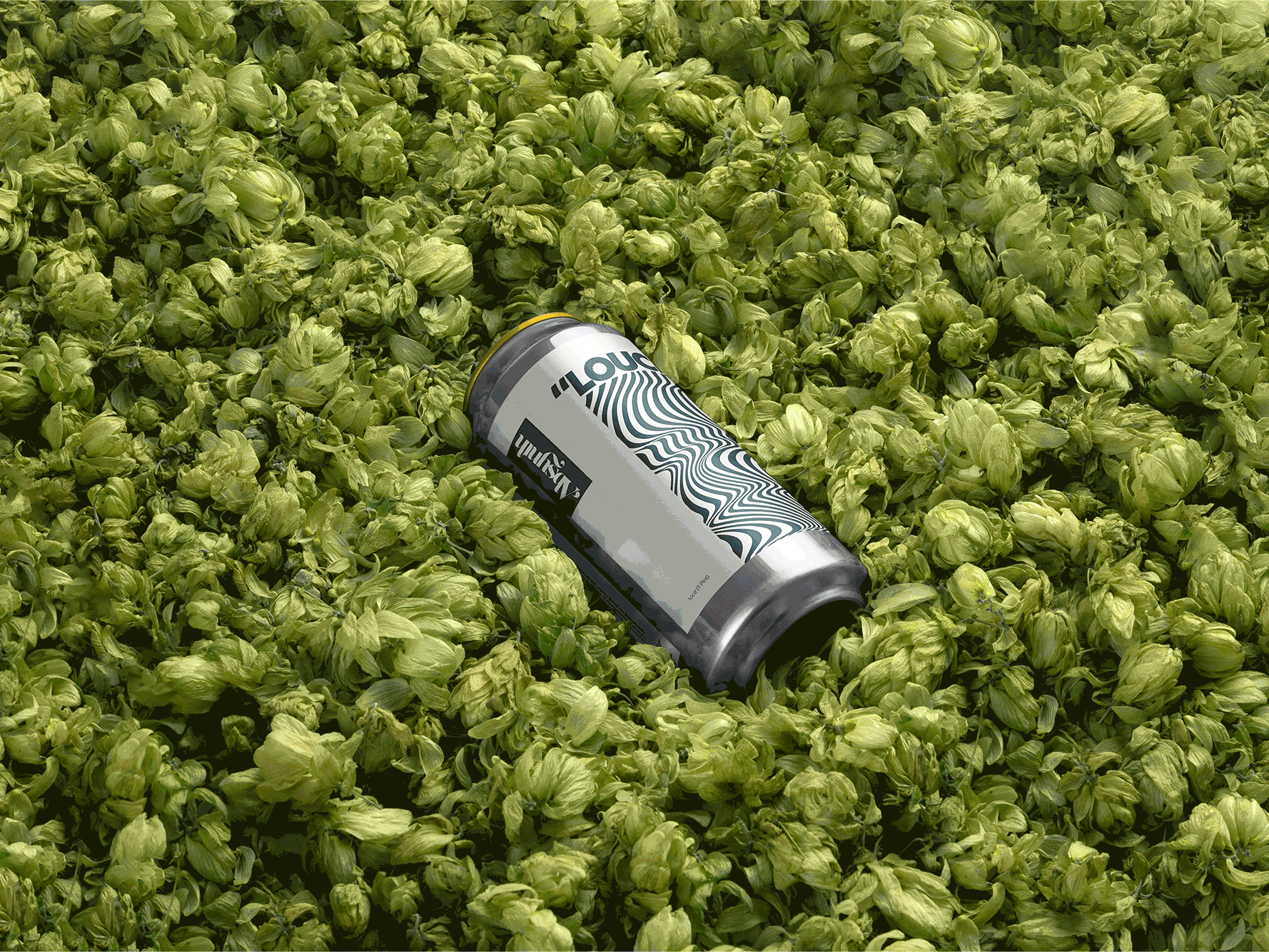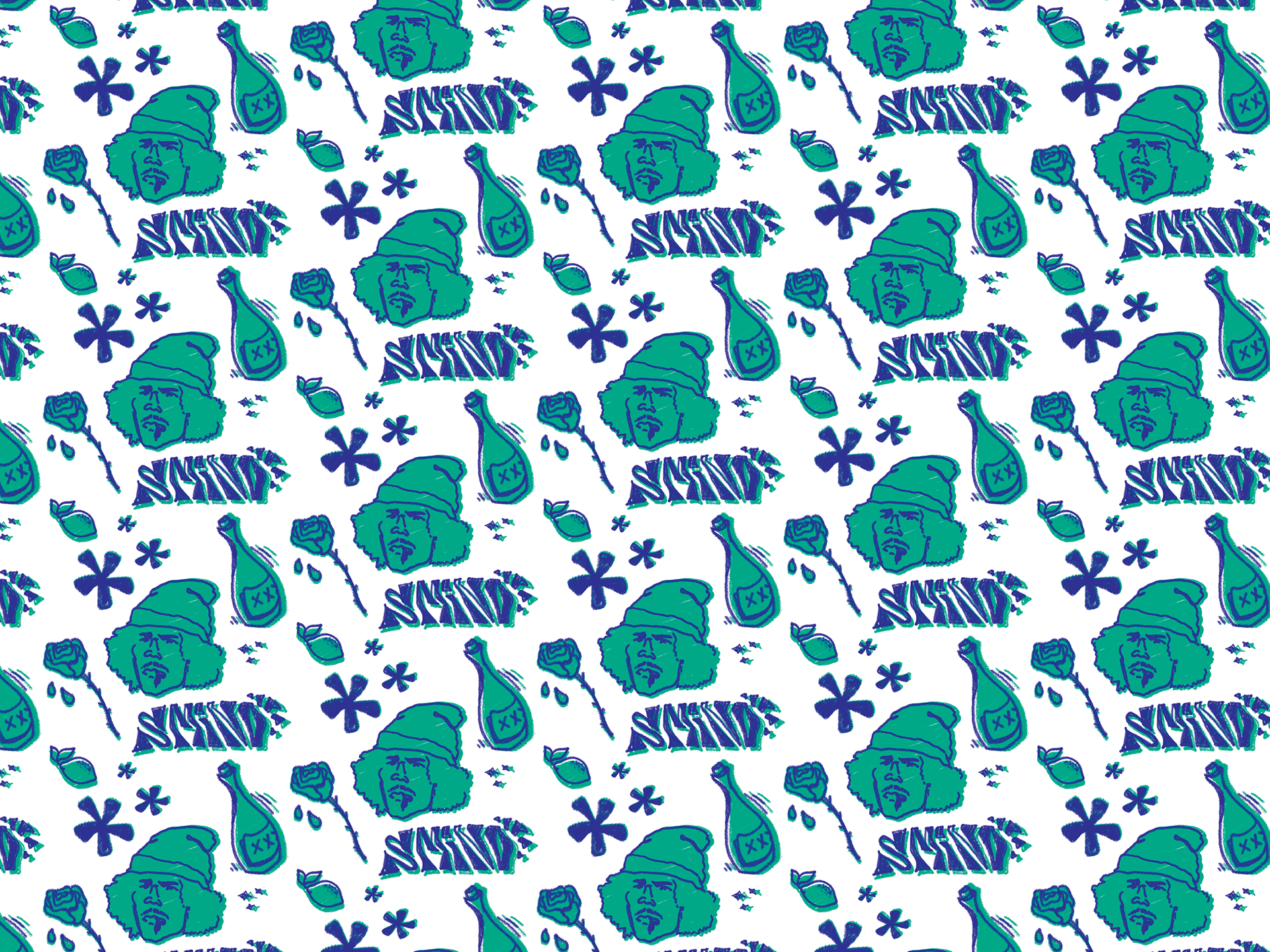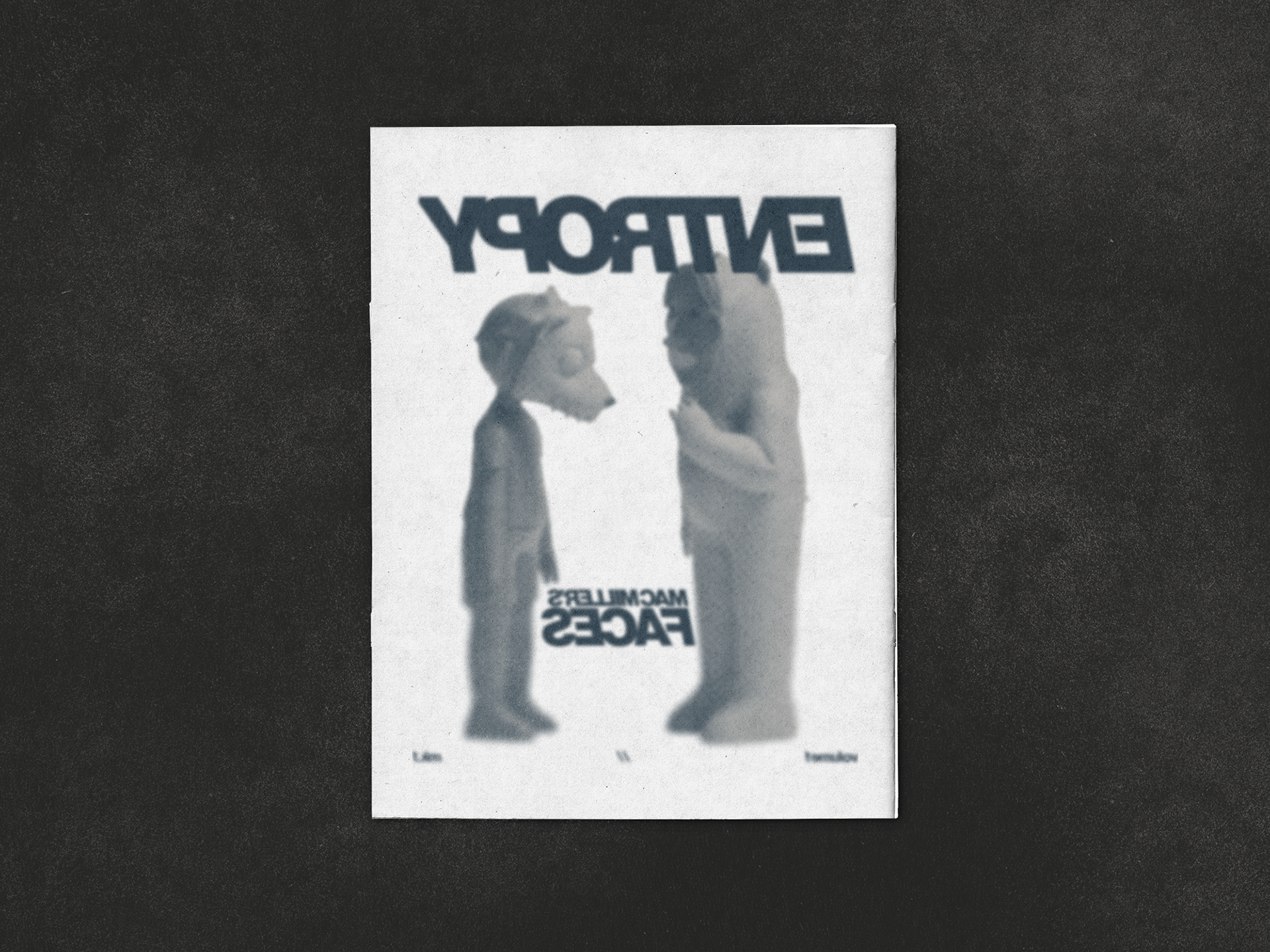Entitled "Verbiage," my capstone project deals with words. Yes, words. These wonderfully made up things which you now perceive through text. The beckons we hear, the things constructed into order for literary masterpieces, the lyricism which we consume through music. All of these things; they are simply humanistic chicken-scratch and guttural productions. But they are not merely these things.
Welcome to Verbiage; our Units of Meaning.
Wytai
n. a feature of modern society that suddenly strikes you as absurd and grotesque—from zoos and milk-drinking to organ transplants, life insurance, and fiction—part of the faint background noise of absurdity that reverberates from the moment our ancestors first crawled out of the slime but could not for the life of them remember what they got up to do.
Agnosthesia
n. the state of not knowing how you really feel about something, which forces you to sift through clues hidden in your behavior, as if you were some other person—noticing a twist of acid in your voice, an obscene amount of effort put into something trifling, or an inexplicable weight on your shoulders that makes it difficult to get out of bed.
agno
Kairosclerosis
n. the moment you realize that you’re currently happy—consciously trying to savor the feeling—which prompts your intellect to identify it, pick it apart and put it in context, where it will slowly dissolve until it’s little more than an aftertaste.
kairo
[ terms explored originally published by John Koenig, Dictionary of Obscure Sorrows ]




